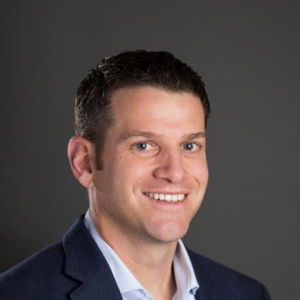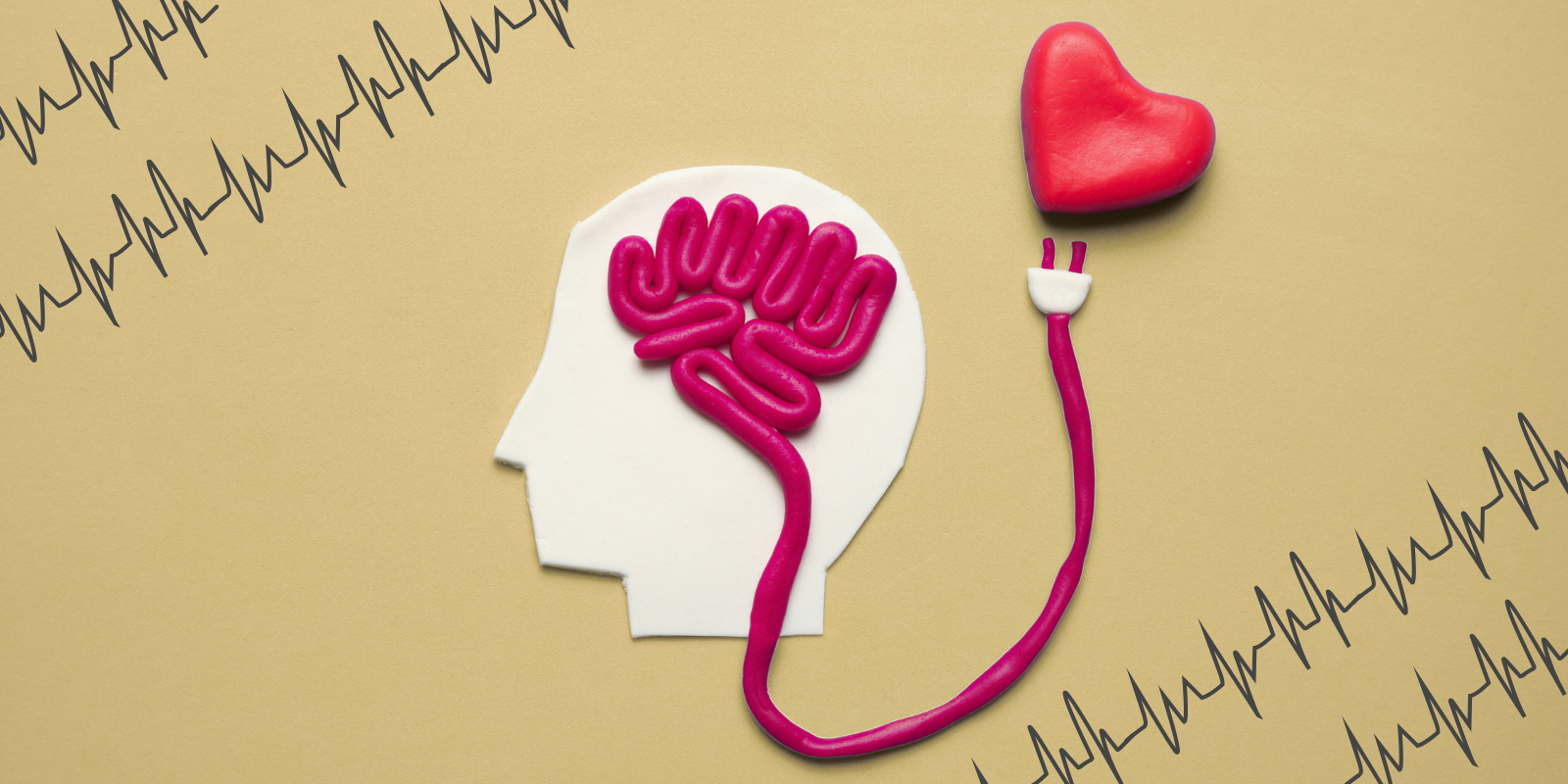What does Holiday Heart Syndrome mean?
The descriptions of Holiday Heart Syndrome go back at least to the 1970s, where after a binge drinking session, typically around the holidays, people would wake in the morning and be in atrial fibrillation.
What’s happening to the heart during AFib?
Normally, when the heart beats, the electrical activity is organized so that the impulse that starts from the intrinsic pacemaker in the top part of the heart, the atria, causing them to beat, and then it goes down to the ventricles and causes the bottom of the heart to beat, which synchronizes blood being pumped from the top to the bottom part, and then from the bottom out to the body.
What happens in AFib is the electrical activity in the top part of the heart goes haywire. That has two effects. One is, it doesn't contract in a coordinated manner. You stop getting blood pumped actively to the bottom part of the heart, and that can cause you to feel fatigued. It also can cause the electrical signal to get to the bottom part of the heart much faster than normal. Commonly, we see people come in with really fast heartbeats, especially if they’re younger.
There have been experiments where they treated heart cells with alcohol and actually induced the electrical changes that cause Holiday Heart Syndrome.
How would you define binge drinking?
Most of us would say four or more drinks at a time would push you from moderate drinking to binge drinking, but that depends a lot on the person.
What are the risks?
The biggest risk of AFib is stroke. It’s not the same for everyone; people who are older, or have high blood pressure, diabetes, heart failure or cardiovascular disease, are considered at higher stroke risk.
Even if you’re young and don’t have any of the other risk factors, you could still potentially have a stroke.
What does Holiday Heart Syndrome feel like?
The most common symptom is a fast heart rate in the 150s when you’re not exercising or doing something else that would cause your heart rate to go up. Also, fatigue, shortness of breath or chest pain.
What should someone do if they think they might have Holiday Heart Syndrome after binge drinking? How long should they wait before seeking help?
If someone’s never had AFib and if something's different from how they would normally feel, then it’s probably not a bad idea to go into the ER, because there are other things that can cause the heart to go fast that aren’t AFib but are still dangerous, like ventricular tachycardia, a fast, abnormal heart rhythm.
For my own patients who have had the AFib diagnosis before, I usually tell them that if they’re feeling OK to give it about 24 hours, because about 50% of people come out of it on their own in that period.
What advice would you give to avoid Holiday Heart Syndrome? Should people avoid binge drinking altogether?
Sure. The advice would be to avoid more than four drinks, but it depends a lot on the person. Particularly people who have AFib, we'd advise them not to binge drink.
We’ve been talking about binge drinking. What about more moderate drinking?
If we had talked about 10 years ago, I would have told you moderate alcohol was probably OK and didn’t seem to have an impact on AFib. Around that time, epidemiology studies seemed to suggest that moderate amounts of alcohol might even be healthy. When I was a fellow, one of the cardiologists I worked under would tell patients who'd been diagnosed with coronary disease to try drink a glass of wine at night.
But the story of alcohol is changing. There have been studies in the last few years where they had people with implanted monitors log whether they were drinking or not, and it showed that even one drink can cause people to go into AFib. That was people who had AFib already.
Now, for people who have been diagnosed with AFib, we advise them not to drink at all. Overall, I’m not convinced there’s a health benefit to alcohol. Of course, people drink for other reasons, to relax and so on, but overall, if you could avoid it, it's probably better.




